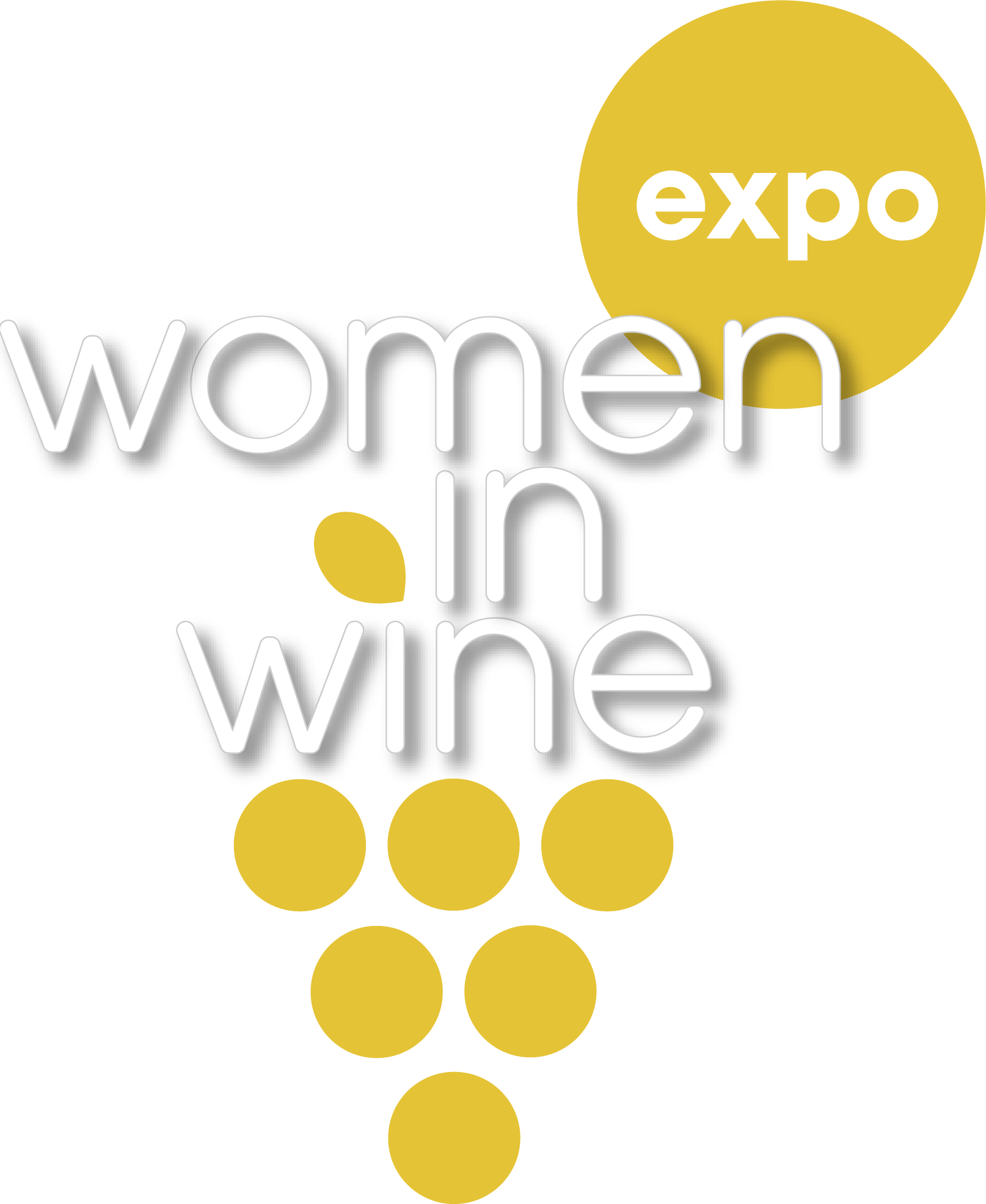SIPPING STORIES
Tiffany enjoying her time in the gardens of Taylor’s Port
Sipping Stories: Connecting People to Wine & the World Through Narration
By Tiffany Patterson
Poet and Sufi Mystic Rumi expressed: "Wine is intoxicated from me/not me from the wine/body exists because of me/not the other way around." A wine's true intoxication is firstly felt by the magic of why it exists today. In every place where vines, palm trees, fruit, or rice grow, ages of enlightenment and creativity were birthed, and we get to relish an entire history of innovation with just a few sips.
Yet much of history does not illuminate the brilliant discoveries, cultivations, and cultural practices implemented by diverse women. When Anglo, Euro-centric, ableist, cisgender male narratives overpower the history lessons we receive, we’re less inclined to believe that other cultures, genders, and diverse abilities could have played a significant role in shaping the delectable experiences we enjoy today. A story can shape perceptions, exclude people, and uphold oppressive systems. It can also evolve perceptions, include people, and tear those systems down. However, to tear down a longstanding institution and build something better, we must reflect on the smaller parts of its design.
A great example is the use of language in storytelling. Language can knowingly or unknowingly perpetuate exclusivity in many ways, especially when writing about wine and travel. On countless occasions, I, for one, have been made to feel as though I didn’t belong because of a medical condition and my culture. Reading wine literature exacerbated this feeling, as it described food pairings and tasting notes using terms that didn’t resonate. But as I traveled and tasted wines on my own accord and met encouraging guides and winemakers, I unraveled delicious stories of rebels in wine—from Oceania to Asia, South Africa to the Americas, and Europe. Travel allowed me to explore culture alongside wine and celebrate being an outsider rather than lament it.
Travel moved me from highly coveted spaces (both online and offline) and centered me in a narrative with exciting, new characters. These characters were more dynamic than those I’ve previously encountered. They could simultaneously appreciate wine tradition and desire to move forward in ways that would benefit their people and their culture. Sometimes, that meant disrupting how something was typically produced, communicated, or enjoyed. I've found that the best way to put it is, as a few Australian wine pros remarked, “If you don’t like what you taste, there are plenty of other wines to choose from. But don’t try to convince me what I like isn’t real or worthy.”
We’re all storytellers, and by telling the right stories, we can use our innate skills to uplift, unite, and validate each other. When we’re all curious enough to want to know more, we explore, and when we explore, we uncover places, people, and points of view we thought we could only imagine. And when we’ve proven we’ve encountered the once unattainable, there’s a desire to share that magic—whether through poem, literature, song, or even a recipe.
So, let us explore the world from the bowl of our glasses and give thanks to Ninkasi, our queen of brewing; praise be the divine Varuni of high spirits; belt out cheers and laughter in honor of Ba-Maguje; and defy all odds with a glass raised to the “Grande Dame of Champagne,” Madame Clicquot! Natural or supernatural, these female figures capture global, diverse stories of female ingenuity. And because of spaces fostered by organizations like the Women in Wine Expo, we can revive our herstories, create new ones, and immortalize our heroines. The Earth might have sprung forth the fruits from which women in wine extend arduous, underappreciated labor, but their impact remains celestially exponential. Their tarty tenacity, earthy grit, and sweet sacrifices are consumed by many around the world.
Now, it is time for you to serve us a glass of your finest story—capture divergent journeys, unexpected connections, and surprising flavors. Intoxicate the wine with songs comprising flavorful notes of an ancestral past, calling us to savor the pain and pride of journeys had and those yet to come. Are you ready to begin an exercise in speaking your truth, unveiling the lineage of many more goddesses we have yet to celebrate?

